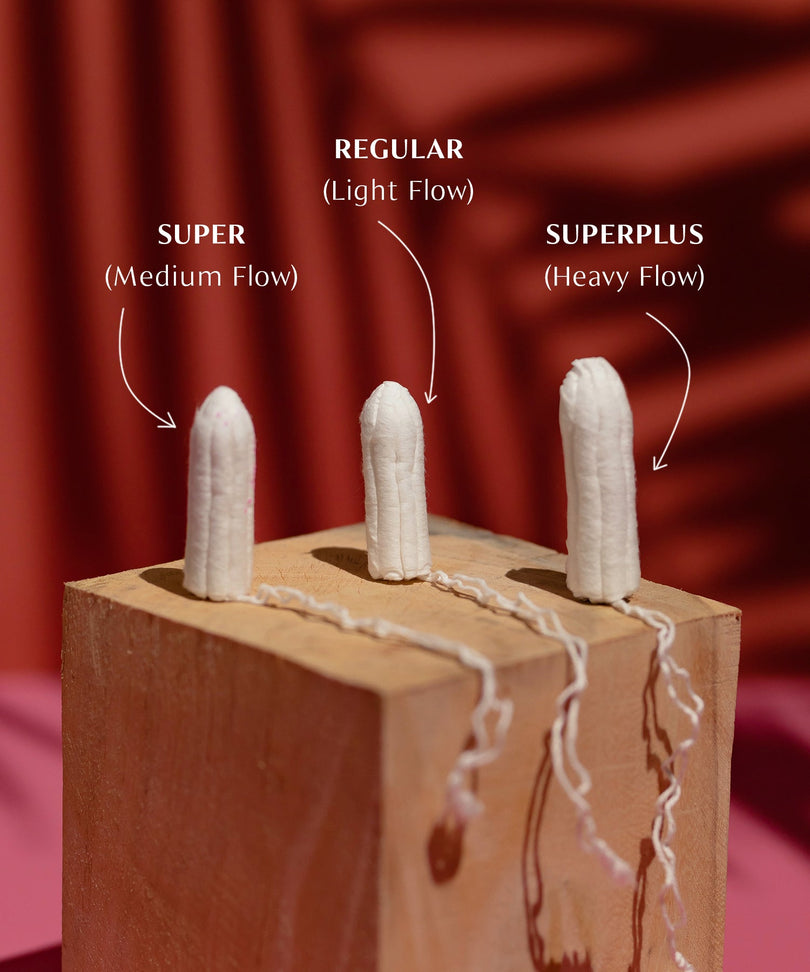Polycystic Ovary Syndrome ( PCOS) is the most common hormonal disorder observed in women. If not you, then there may be another woman in your surroundings who must be dealing with PCOS.
Living with PCOS can be very destructive for a woman. But remember you are not alone suffering from this and nowadays every problem has a solution. You just need to voice out your problems.
Polycystic Ovary Syndrome affects approximately 200 million women worldwide. It is a health disorder that needs a lot of attention. And the government’s support is needed to spread awareness among young girls and women.
Lack of knowledge, resources, and support causes women to face health-related problems which impact their mental, physical and social well-being.
Another problem affecting awareness is stigmas and myths associated with PCOS. A lot of girls and women are not comfortable or afraid to speak about their problems and experiences.
There are so many health risks accompanied by PCOS, for example, women can be diabetic, chances of endometrial cancer increases, depression, anxiety and changes in the menstrual cycle. These are just a few of them. There are many more health risks involved if PCOS is left untreated.
It is hard for anyone who is not going through the same to completely understand how traumatic dealing with PCOS can be. But there is nothing to be afraid of or feel shy about. We need to talk about it and let’s successfully fight it together.
What is PCOS and what are the causes?
Polycystic Ovary Syndrome is a condition caused due to imbalance of hormones which is caused by ovaries. As a result, it produces male hormones in excess.
The ovaries may develop numerous small collections of fluid (follicles) and fail to regularly release eggs. PCOS is a syndrome or group of symptoms that affect the ovaries and ovulation. There are three main possibilities–
- Irregular periods or no periods.
- Androgen (male hormones) production in excess amounts.
- Cysts in ovaries
PCOS also causes hair growth on the face and body and even baldness. It can also result in prolonged health problems like heart disease and diabetes.
The exact cause of PCOS is still unknown. However, there are certain factors due to which you suffer from PCOS. Some factors like–
1 Genetic or heredity
2 Increased insulin levels.
3 High androgen levels.
4 Chronic low-grade inflammation.
What are the early signs of PCOS?
Not every woman needs to experience the same symptoms, and each symptom can vary from mild to severe.
Here are some common symptoms of PCOS:
- Weight gain
- Irregular periods or no periods, or prolonged periods due to hormonal imbalance.
- Excessive hair growth on the body.
- Fatigue and mood swings.
- High testosterone levels.
- Acne, oily skin, and other skin problems
- Hair loss or thinning of hair.
- Infertility or problem in conceiving due to lack of ovulation.
What’s more devastating is that sometimes it is possible to have PCOS and not have any symptoms. Many women don't realize that they are suffering from PCOS until and unless they face difficulties in getting pregnant or are gaining weight for unknown reasons.
How is PCOS diagnosed?
Women rarely have the same set of symptoms, and the symptoms can change at different stages of their life.
But the three main areas which are usually affected in all the women are–
- Reproductive health and fertility.
- Psychological health.
- Metabolic health.
Till now, there is no specific test that can determine whether you have PCOS or not. Your doctor will just ask you about your symptoms or what all physical changes you can observe in your body.
Often, doctors are supposed to confirm the diagnosis with an ultrasound test as the images show multiple tiny cysts.
Apart from this, pelvic exams and blood tests are performed to confirm whether you are suffering from this condition or not.
Tips to trat PCOS--
Women rarely have the same set of symptoms, and the symptoms can change at different stages of their life.
Your lifestyle and your eating habits have a huge impact on your health. You can cure PCOS just by changing your eating habits and your daily routine.
The treatment tips are enlisted below–
- Exercise- By scientific research, it is claimed that 30 minutes of moderate exercise can help women with PCOS shed some weight.
- Healthy diet- Exercise is even more beneficial when combined with a healthy diet. Doctors recommend a diet that is rich in fruits, fish, vegetables, poultry, and low-fat dairy products.
- Sleep- sleep affects your stress level and helps to regulate cortisol to balance your hormones. You should get eight to nine hours of sound sleep
- Acupuncture- Doctors claim that acupuncture can help as it increases the blood flow and can also help in treating insulin sensitivity.
Some common medical treatment are as follow–
- Birth control pills to regulate periods.
- Procedures to remove excess hair.
- Medications to prevent diabetes.
- Medications to increase fertility.
Side effects and complications of PCOS!
- Infertility problems.
- Depression and anxiety.
- Inflammation of the liver.
- Higher chances of diabetes.
- Cancer of the uterine lining.
- Changes in the sleep cycle.
- High blood pressure.
- Miscarriage or premature birth.
- Cardiovascular risk.
- Metabolic syndrome.
When to consult a doctor?
- Trouble getting pregnant and irregular periods.
- Symptoms of diabetes.
- Hair growth on the face or body.
- Infertility or difficulty in conceiving.
If you have PCOS, visit your doctor daily and also take regular tests to track your diabetes and blood pressure.
Conclusion
One in five women is diagnosed with PCOS. It is a very common condition but it is poorly identified and managed.
PCOS if left untreated can be a major threat to women’s health. Early diagnosis and treatment are very essential as PCOS can have very prolonged side effects on the body.
PCOS is a complex condition. So don’t feel shy to speak about it as it can impact your mental and physical health. Notice the early signs that your body is giving and consult a doctor immediately to avoid complications in future.
Change your lifestyle if you don’t want prolonged disease and start prioritizing your eating habits and daily routine.
Don’t think you are the only one who is fighting. Don’t stress, everything will be fine.
With proper awareness, guidance, love, and care, you can overcome this.









